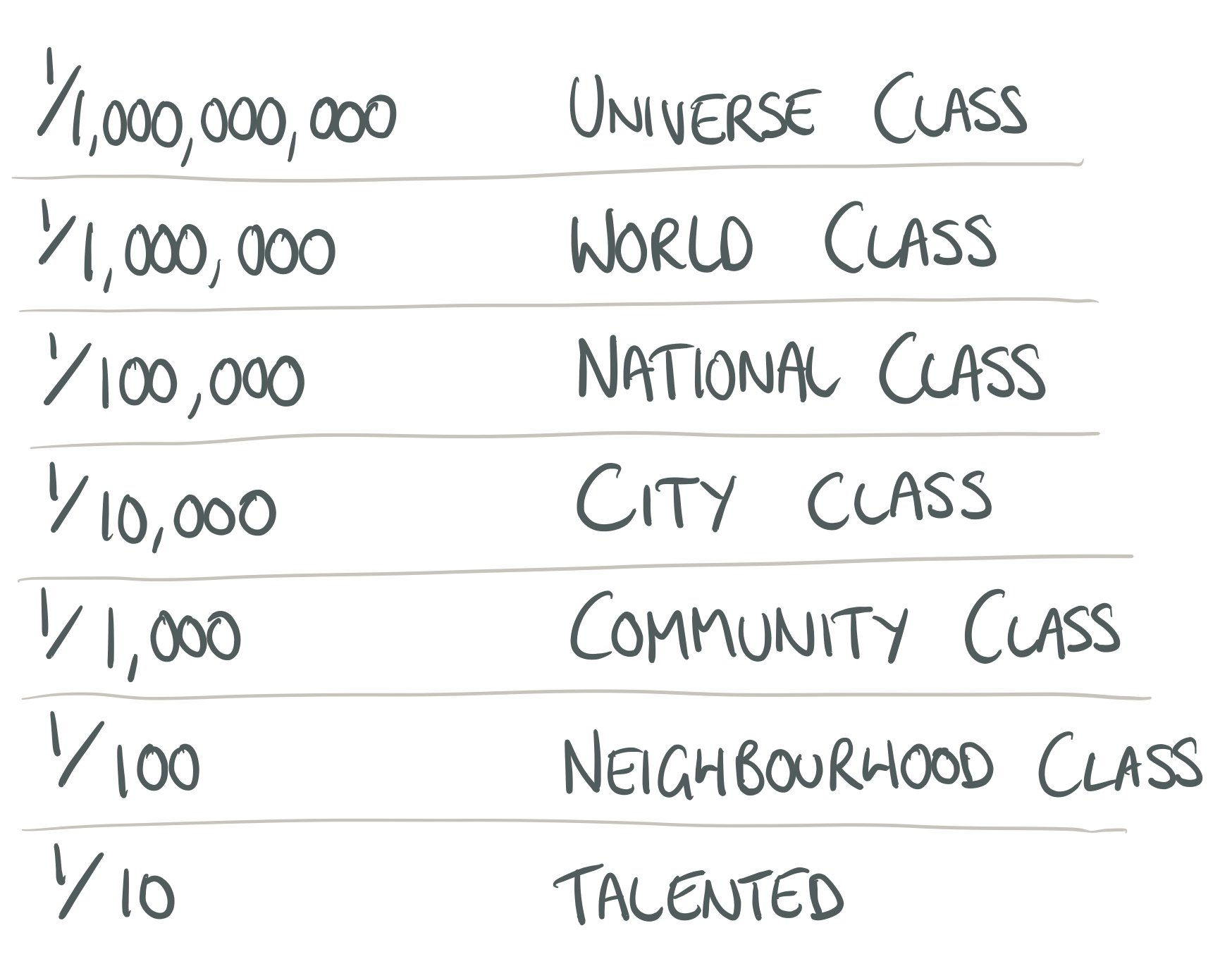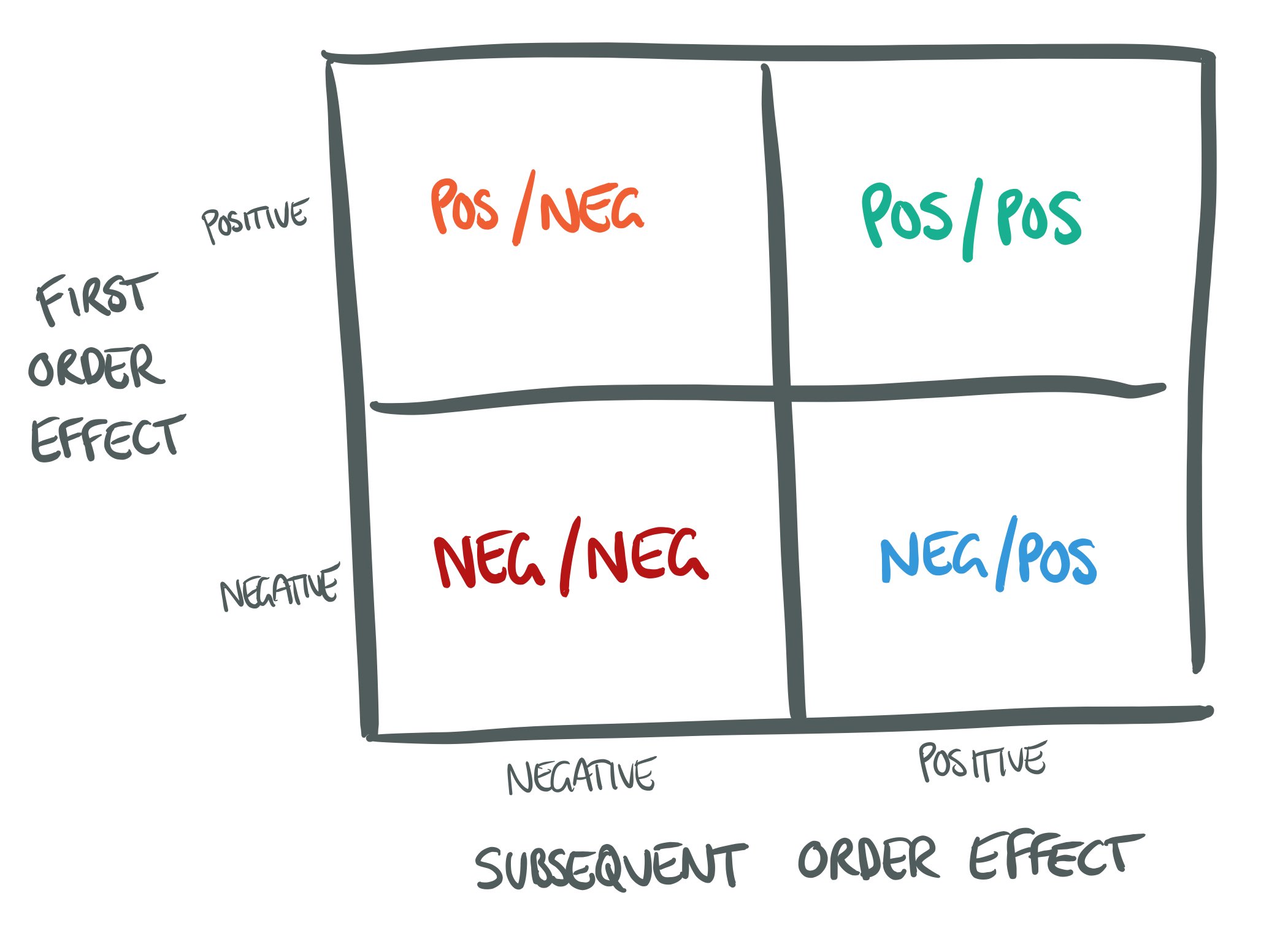What I'm doing in 2022
For whatever reason, as I sat down to write today, I had an urge to just tell you all about what I've been thinking about, and what I've got planned (or at least what I'm considering) both professionally and personally, in 2022.
The Colculator is ready
The Speaker Strength Score Diagnostic Tool (the 'Colculator'!) is ready for you. Spend 15 minutes working your way through the questions to identify the areas you can focus on to improve your public speaking capability. If you know someone else who does (or should!) use public speaking to further their career, please send them a link.
I'm teaching professionals to use public speaking for commercial returns
This is my bread and butter. I help executives, partners, directors, lawyers, accountants, and consultants to utilise public speaking opportunities to generate revenue. If you or anyone you know would like some help in this space, feel free to download Real Speaking Returns, email me (col@colfink.com) or send me a message or call 0466 783 465.
I'm exploring multi-generational living
Nearly two years ago, Mish, Deakin, our dogs, our goats and I moved from a half-acre block in the suburbs to a 27 acre block on the edge of the bush. Not alone, though. We also live here with my brother-in-law Ben and his partner Georgi (who will be having a baby literally any day now), and my mum most of the time, and Mish's parents some of the time, and another of her brothers and his wife and baby some of the time, and my mate Garry, who doesn't strictly live here, but you'd assume he did given how often he's here (there's a room called "Garry's room", so I think that makes him a resident). Oh, and my second kid Darwin was born in March last year, so I probably shouldn't forget to mention her!
We don't all live in separate houses on the property, either. Everyone is in a single house.
Additionally, we have 156 chickens, 73 ducks, about 70 quail, 30 sheep, 24 geese, 13 guinea pigs, four alpacas, four (but sometimes up to seven) dogs, three miniature horses, three goats, and two peacocks. (There's also a wild Powerful Owl who lives in the valley, which is really cool. If you've never seen a Powl in person, you're missing out. They have eyes that can see directly into your soul).
The point is, we're living an experiment. I've had a suspicion that the status quo of modern living arrangements isn't actually that conducive to human flourishing, so I'm trying to actively reimagine what's possible. I have a great many thoughts in this space, and I'm tempted to start sharing them.
I'm wondering why so many professionals are afraid of creating a commercial impact
I think the commercial world is governed by an incredibly simple equation:
Opportunity created × value delivered = commercial impact
So many professionals are secretly terrified of creating commercial opportunity, and spend their entire career telling themselves "if I just work really hard and do a really good job, I'll get the rewards I deserve"... and discover that for many of them, that's not how it works.
When I ask groups to rate themselves out of 100 across the two dimensions of commercial impact, almost everyone scores themselves "0 and 100", or "1 and 99"... which means nearly everyone is deeply committed to doing a good job, and desperately hoping that someone else will create the commercial opportunity for that work.
The law of supply and demand therefore decrees that "working really hard and doing a good job" (just like everyone else) isn't actually that valuable, and that those who can create opportunities for future work are by far the most valuable members of their organisations, and in hot demand.
I've been thinking a lot about this, because... I really don't think it's that hard to change. You don't need to become a slimy salesperson, or spend five years learning a new set of skills, or transform who you are as a person. The impact that a tiny shift in mindset can have is, for some people, truly life-changing. (It certainly was for me).
I've been thinking about it because I want to help more people experience that shift in mindset.
I'm thinking that maybe WHO, WHY, WHAT, HOW is the master model of behaviour change
I've long been super interested in mental models. Models being frameworks of explanation and prediction; and time you're trying to explain the past or predict the future, whether you know it or not, you start employing models. One model that I find relevant in almost every situation involving humans is "the Ws".
Who (which means: take a moment to form an understanding of the people we're trying to explain or predict)
Why (which means: try to understand their motivations and incentives)
What (which means: get clarity around the relevant inputs, processes, and outputs)
How (which means: identify the specifics of the process/actions/behaviours that were/will be utilised)
I think everyone, consciously or otherwise, uses a form of this mental model almost every day. This year, I plan to spend a bit of time designing a more explicit, practical version that can be learned and implemented. I think/hope it'll be useful for everything that involves humans and human behaviour; leadership, sales, engagement, etc.
I think we can build a better brain
I follow a circle of peeps on Twitter who you might describe as experts in Personal Knowledge Management. They all love nerding out about programs like OneNote, Evernote, Notion, and Roam, and talk about the various ways you can utilise such applications to capture, store, and access your ideas in the most productive way possible.
I feel like they're missing a critical opportunity, though.
Inspired by the pink sheet process (which is central to the stuff we teach at Thought Leaders), I think personal knowledge management needs to evolve into personal knowledge development. (I think the evolution beyond that probably turns personal into something communal, but that will be a journey/problem for someone else to solve). In my head exists the seed of an idea to make a process (which could evolve into a program/application, I guess) which actually improves your thinking, rather than just capturing it.
Not quite sure what form this will take, but I'm excited to spend some time exploring it this year.
I think everyone can become one in a million (and I think I've worked out how)
I love the idea that ordinary people can do extraordinary things. I love believing that anyone can become world class, without winning the genetic (or inheritance) lottery. My rationale for thinking so is pretty simple, and Brandon Stanton (the guy who runs the uber-successful Tumblr-blog-turned-global-cultural-phenomenon Humans of New York) is a great case study.
Brandon is a pretty good photographer, but he's not exactly what Usain Bolt represents to running 100m. Let's say he's a one-in-a-hundred photographer; if you picked a random 100 people from a world of 8 billion, he would likely be in the top one or two. If you picked a random thousand people, however, there would almost certainly be a few better photographers in the group.
Brandon is an excellent interviewer. He seems to be able to tease out incredibly meaningful, heartfelt stories from total strangers, and share them with the world in a way that deeply connects. He was able to do this even before the fame of HONY gave him a platform for doing so. Let's call him a one-in-ten-thousand interviewer. I really think his talent in that space is that significant.
What Brandon did, then, is the magic ingredient of the One In A Million Method (should I put a ™ after that? 😂).
He multiplied his talents. He combined his excellent interviewing skills (1 in 10,000) with his reasonable photography skills (1 in 100) to create something utterly unique, something that is "one in a million" (10,000 × 100 = 1,000,000).
I think everyone can combine their unique passions, proclivities and talents—even if none are world class on their own—to create a one-in-a-million combination, and I'm in the early phases of designing a framework to teach people how to do it. If you feel like you've made yourself one-in-a-million by doing something like this, I'd love to hear your story (similarly, if you can think of any other case studies/examples, I'd love to hear them).
We need to update the mental model we use to create our own self-image
I was listening to an episode of Complexity podcast from the Santa Fe Institute featuring economist W. Brian Arthur, and he made a really interesting observation: when you take a model of human behaviour and transport it to any other field of enquiry, it completely breaks down (which, it suggests, invalidates it as a model with any true explanatory or predictive capacity).
The example he gives is of the "rational actor" model, a theory of eeconomics which posits that humans are rational beings that will act in accordance with their own self-interest. When you transport that model into therapeutic psychology, it utterly and completely falls apart, because people regularly (almost constantly, one might argue) engage in self sabotage, self harm, and act in ways which could never be explained by rationality.
The models we use to explain and predict human behaviour never apply across different fields, which means they're incomplete or incorrect.
The model which nearly everyone subscribes to, which I think is most wrong, is the idea that we are each "an individual" (which etymologically suggests that we can not be divided). The idea that you are a single 'thing' is, in my opinion, substantially wrong, and wrong in ways that actively make your life worse. It's a misguided belief that causes our internal dialogue (if you're a single thing, by the way, why have an internal dialogue? Who are you talking to?) to be incredibly mean spirited. It's a misguided belief that forces us to think that every time we fail to do what we had aspired to do, it must be because we are a bad person.
I think that the human mind is a cloud of consciousness interacting with itself, and that teaching the various components (perhaps they would be better described as 'regions') to act with empathy towards each other would produce a material improvement in the quality of our lives across basically every dimension worth measuring.
I'm deciding what book to write next
Having now written two books, I actually feel comfortable describing myself as an author. Achievement unlocked! In wondering what book to write next, I think I've decided to write a few... very long essays, shall we say?... to explore which one feels good and flows well. Most of the sub-headings above have the potential to become an essay, and may grow into my next book.
I’m raising children (and wrestling with my cultural programming)
I’ve got two kids under three years old, and I spend as much as my days as I can hanging out with them. Being with them is the easiest thing in the world, but I’m noticing a nagging thought arising periodically which says “couldn’t you be doing something more productive?”.
As though there could be anything more productive in the world than the joy of spending time in the presence of the formation of a new consciousness.
In the same way that women are constantly told by media that they need to be slim, sexy, demure, etc (and later that they need to shoulder 99% of the responsibilities for parenting), I think the media constantly tells men they have to be productive, successful providers. So while there’s a region of my mind that knows that spending time with my kids is the absolute pinnacle experience available in life at this moment, there’s another region that is under the spell of the media narrative.
It’s interesting (and challenging) to sit in the dissonance of the space between them.
(I’m typing this as Darwin snores in my ear, by the way).
I’m focusing beyond first-order outcomes
This concept has been hanging around the edges of my awareness for at least a couple of years and just recently it’s started to take a more definitive shape. It concerns the idea of second-, third- and subsequent -order outcomes arising from our actions. I really enjoyed the Nassim Taleb book Anti-Fragile - Things That Gain From Disorder, and having read it I frequently observe systems and behaviours that can be characterised as anti-fragile in the world.
In doing so, I started to notice that anti-fragility represents a sub-set within an interesting broader category, and it struck me as a potentially useful observation. For a long time, I failed to accurately grasp what this larger category actually was, until I happened to use the phrase “second order effect” in a sentence, which sparked a moment of clarity. Subsequently, I sketched out this model on my iPad the other night:
In summary, everyone avoids “negneg” activities because they suck to start with, and suck in the long term. Obviously everyone also engages in “pospos” activities as much as we can, because there’s nothing but benefit to be found. Those two squares are therefore relatively uninteresting.
The “posneg” square is one that many people spend their lives entangled by. Examples of posneg activities include obviously bad things like addictions, but also relatively innocuous things like acquiescing to your kids demands (because whilst it has the first-order positive effect of stopping them from whingeing in your ear, it has the second-order negative effect of encouraging them to whinge to get what they want more in future because it’s proven to be an effective strategy).
I think there’s a lot to unpack in understanding posneg activities, like becoming conscious of the real transaction at play (how much additional future whingeing am I willing to endure in order to avoid the whingeing I’m being subjected to right at this moment?).
Finally, the negpos square is where I suspect to find the most useful stuff to explore. Anti-fragility is an example of negpos in action. “Things that gain from disorder” experience a negative first order effect (for example; an immune system getting sick), but enjoy positive second- and subsequent-order effects (the immune system responds by getting stronger).
Examples of negpos activities include exercise, mindfulness retreats, and many aspects of parenting. I’m keen to explore and unpack this square in greater detail. (If anything springs to mind for you, please let me know).
I'm wondering what my best creative outlet is
Honestly, my ideal job title would be "professional idea ponderer". I'd love to find a business model akin to that of Seth Godin, Scott Alexander, Malcolm Gladwell, or Sam Harris, all of whom seem able and empowered to talk and write about whatever it is they're finding interesting at the moment (and make a living out of it).
(I'm slightly struck by the male-ness of my examples, but I've failed to come across a female version that inspires me in the same way. I’d love to broaden my inputs if you know of any I should check out).
My friend Cory Muscara (who releases a podcast almost daily) challenged me to create a podcast (or youtube channel, or something of the sort) through which to share my thoughts, but I've not yet summoned the motivation (or, more honestly, the courage) to get it out there.
Watch this space, I suppose.
So that's me.
I’d love to know which parts of this resonate most with you?
And I’d love to know what's on your mind? And what are you working on?
Header photo by Towfiqu barbhuiya from Pexels





